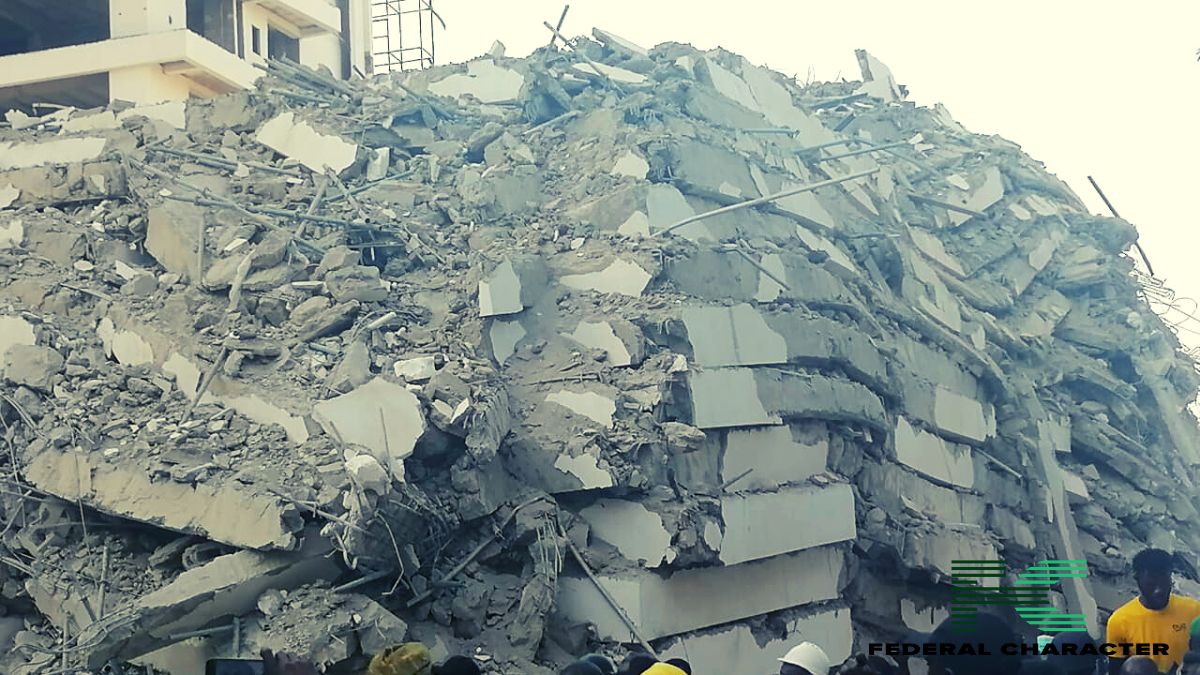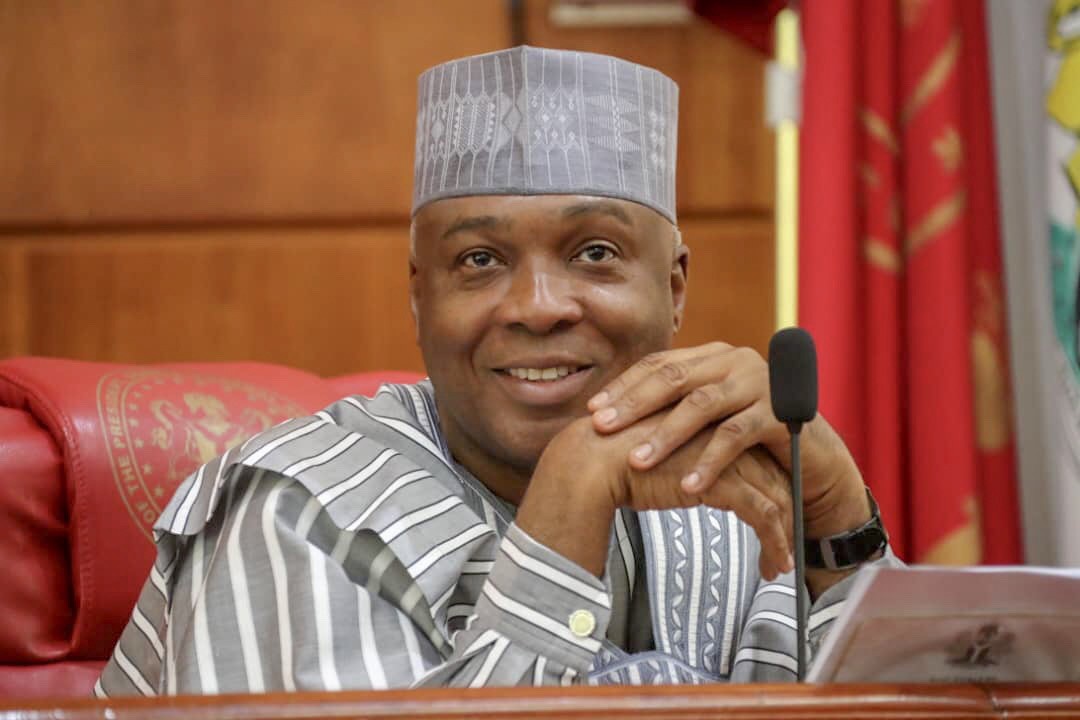A famine of catastrophic proportions is descending upon Nigeria, fueled not just by drought and conflict, but by a chilling question: Is the Nigerian government a passive bystander or a complicit actor in the systematic slaughter and starvation of its own people?
New projections from the U.N. World Food Programme (WFP) reveal that a record-shattering 35 million Nigerians could face starvation in 2026, a direct consequence of a surging militant onslaught that the government appears powerless, or unwilling, to stop.

The crisis is being engineered by a terrifying escalation of violence. Jihadist factions, including an al-Qaeda affiliate that just carried out its first-ever strike on Nigerian soil, are running rampant. Their brazen attacks are not random acts of terror but a coordinated campaign to dismantle society. The evidence is undeniable:
1. ISWAP fighters assassinated a Nigerian brigadier-general.
2. Armed bandits abducted over 300 Catholic school students in a single raid.
3. Just days earlier, they stormed another school, executed a deputy head teacher, and kidnapped 25 schoolgirls.
“The advance of insurgency presents a serious threat to stability in the north, with consequences reaching beyond Nigeria,” said David Stevenson, WFP Nigeria country director, in a stark diplomatic understatement.
But the real story is the void left by the state. Rural farming communities, the nation’s breadbasket, have been deliberately targeted and destroyed. The result: nearly 6 million people in the heart of the conflict zone are now without basic food supplies.
Meanwhile, the international safety net is being deliberately severed. The WFP, which currently feeds nearly a million people in the northeast, will run out of money for emergency aid by December. This funding collapse is driven by massive aid cuts from the United States and other major nations, leaving millions to face 2026 utterly abandoned.
Why It Matters
Let’s make one thing clear: this is not a natural disaster. This is a man-made famine, enabled by a government that has failed in its most fundamental duty—to protect its citizens from violence and starvation.
The systematic attacks on schools, the assassination of military leaders, and the targeted destruction of farms are acts of war. The question is, who is fighting back? The international community is walking away, and the Nigerian state’s response has been characterized by a paralysis that borders on complicity.
When a government cannot—or will not—stop the massacre and starvation of 35 million of its people, it ceases to be a government. It becomes a ghost, presiding over a graveyard. The enemy isn’t just at the gates; it’s inside the walls, and the silence from the halls of power in Abuja is deafening.

















